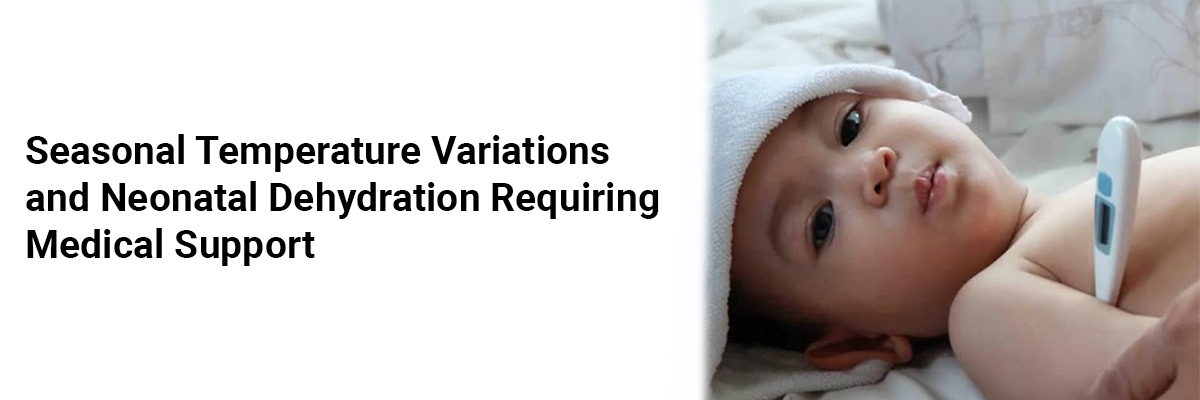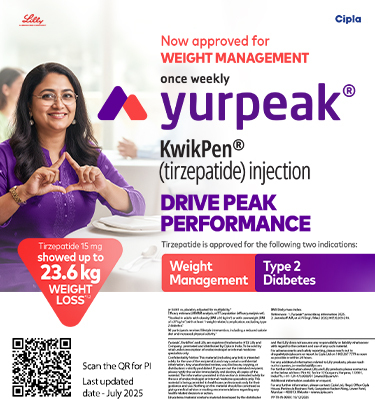
Seasonal Temperature Variations and Neonatal Dehydration Requiring Medical Support
Neonatal weight loss of up to 10% immediately after birth—peaking around days 3–4 of life—is a well-recognized phenomenon. Factors such as inadequate milk supply in the initial days, improper feeding techniques, and high ambient temperatures can exacerbate this issue. In vitro studies suggest that while high temperatures (around 39°C) may enhance lactation, prolonged exposure to 41°C can reduce milk production. These findings indicate that ambient temperature may significantly influence the development of postnatal dehydration.
A recent study aimed to compare the incidence and severity of postnatal dehydration during warmer and cooler months.
This prospective study, conducted from July 2021 to June 2022, assessed the impact of ambient temperature on severe dehydration in term neonates admitted to the neonatal intensive care unit (NICU) of JSS Hospital, Mysuru. The study included term neonates admitted with severe dehydration, defined as:
- cumulative weight loss >10% of birth weight,
- weight loss <10% accompanied by hypernatremia, and/or
- increased blood urea.
Neonates with sepsis or congenital malformations were excluded.
Out of 941 NICU admissions, 55 neonates (5.8%) were admitted with significant weight loss. Of these, 26 (47.2%) were admitted during cooler months and 29 (52.7%) during warmer months. Among the affected neonates:
- 47 (85.4%) had hypernatremia,
- 5 (9%) had very high sodium levels (>170 mmol/L),
- 25 (45.4%) had fever,
- 9 (16.3%) had hypoglycemia, and
- 8 (14.5%) had decreased activity.
The median admission weight was 2,540 g in cooler months and 2,720 g in warmer months. Median weight loss was 400 g during cooler months versus 480 g in warmer months—a difference that was not statistically significant. Overall, the incidence of dehydration requiring medical support in the immediate postnatal period was 5.8%, with no significant difference between cooler and warmer months.
The study concluded that the incidence of significant dehydration in term neonates does not differ markedly between cooler and warmer months. Dehydration requiring medical support is common in both periods, with slightly (though not statistically significant) higher severity during warmer months.
Source: Krishnegowda S, Thandaveshwara D, Doreswamy SM. Indian Pediatrics. 2024 May;61(5):460–2.















Please login to comment on this article